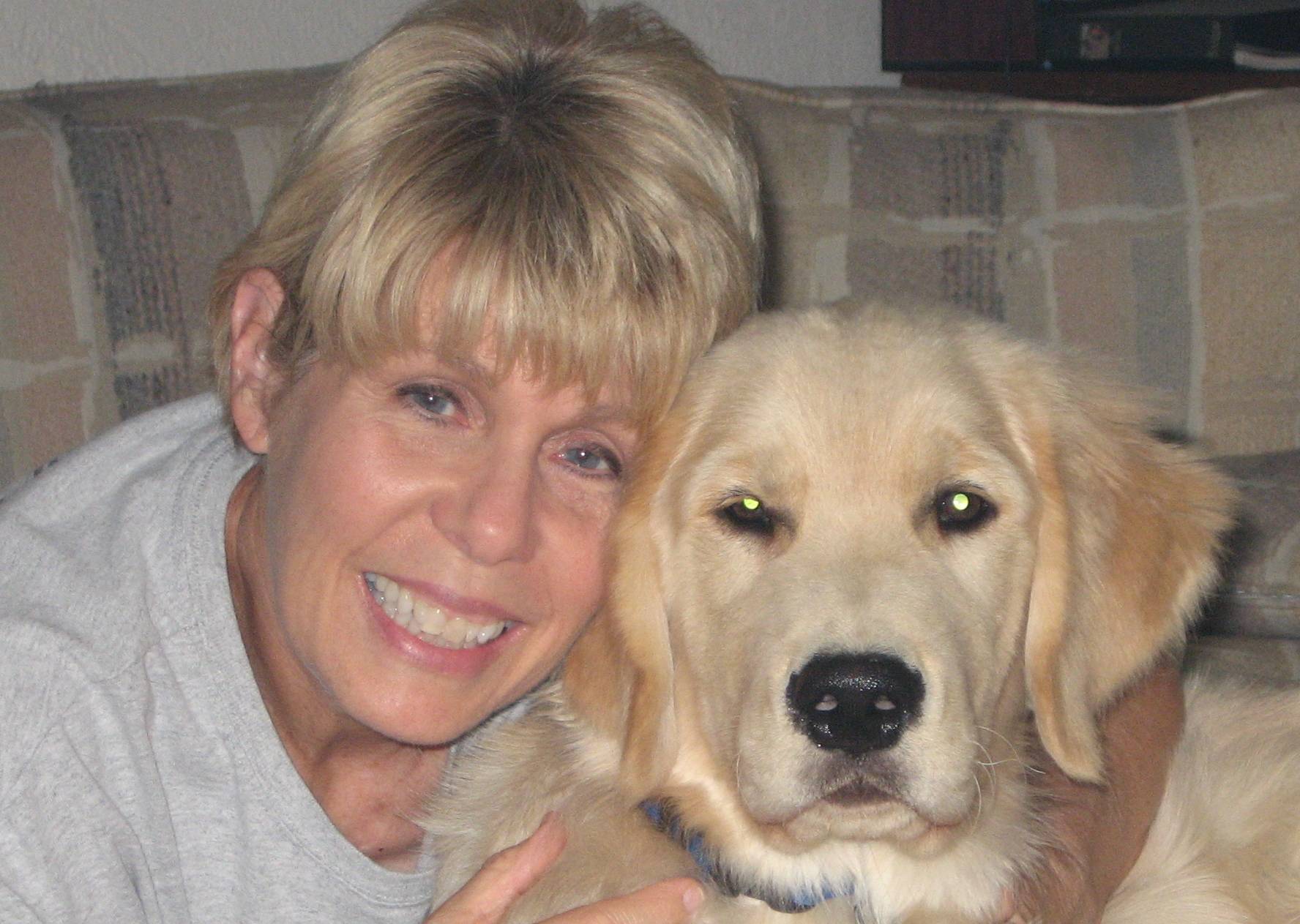In contrast to most memoirists, local author Donna Reed makes no attempt to portray her life as having been unusually grand. In garnering interest from her reader by only discussing the most commonplace aspects of her life, Reed answers a very different challenge: portraying what we have all already experienced, that which is totally ordinary, as remarkable.
My Voice is a collection of previously published essays detailing Reed’s everyday life. I therefore didn’t anticipate that the text would be overwhelmingly engaging, but after reading just the first few essays, I developed a strong affinity toward the work. She writes about her pet, helping her son fix up his house, holiday traditions; none of it is rare, but every essay has meaning. I sat down at the Jane Addams Bookstore with Reed earlier this month to discuss her work.
She takes pride in having been born and raised in Champaign-Urbana, remarking, “I think another part of the [book’s] success is that I’m a townie.” That same success further derives from her ability to capitalize on humdrum experiences with legitimate respect. The lifestyle that Reed illustrates, though by no means extraordinary, comes across as almost fragile in its routine, typical loveliness. As I read, I began flipping pages delicately in solidarity with the tone of her essays. Reed’s text convinces readers of a mantra with which we are constantly bombarded: value the conventional everyday.
This is not to assert that the life Reed describes in these essays is representative of a larger, universal human experience. To name an instance, she spends a great portion of her essays describing her family’s Christmas traditions, clearly an experience only shared by her readers who also celebrate the holiday. And yet, something sharply relatable remains present in her narrative.
Reed recognizes this tendency to record unexceptional events. “The [essays] I enjoy the most are those funny snafus of life…funny things that happen to all of us everyday,” Reed said. In relation to this appreciation for the everyday, she informed me that she began this project on something of a whim. She decided one day, regardless of the fact that she had little experience as a professional writer, that she would begin submitting essays to the News-Gazette. They were readily accepted.
“That’s all it took. Just that one attempt…opened up the floodgates of opportunities,” she explained.
The text’s most considerable strength is undoubtedly its clarity. From a logical standpoint, it makes the book a quick read; it’s entirely possible to get from cover to cover in a day or so. More importantly, the simplicity of the prose parallels the book’s mandate to live well and simply on a day-to-day basis, understanding the importance of the unexceptional in our lives. As I progressed through the text, I smiled at various anecdotes about Reed’s family, friends, and traditions. The optimism and willingness to laugh, qualities that Reed exhibits in person, are especially apparent in the essay about baking “friendship bread.”
The book affords the reader an escape into an almost utopian, Midwest, seemingly perpetually content household. Because the essays appear almost randomly in time, as opposed to a chronological plot, Reed is able to pick and choose moments for her illustration of life. The reader comes away with the satisfying, although probably hyperbolic, impression that Reed’s life is forever lovely.
She therefore balances her work in the middle of a totally beneficial dichotomy. She constructed a narrative, which I, as a reader, found easy to recognize. And yet simultaneously, I found myself far removed from some of the experiences described in the text; it seemed almost a fictional setting available for temporary, vacation-like inhabitation.
Reed plans to continue writing for the News-Gazette and to develop new pieces. She hopes her experience will encourage other creative hopefuls to move forward with their respective projects.
“You just try something. Just take one step, and if it doesn’t work, that’s fine,” Reed said. “It’s just amazing what doors it’s opened up. I never believed I’d be sitting here right now.”








